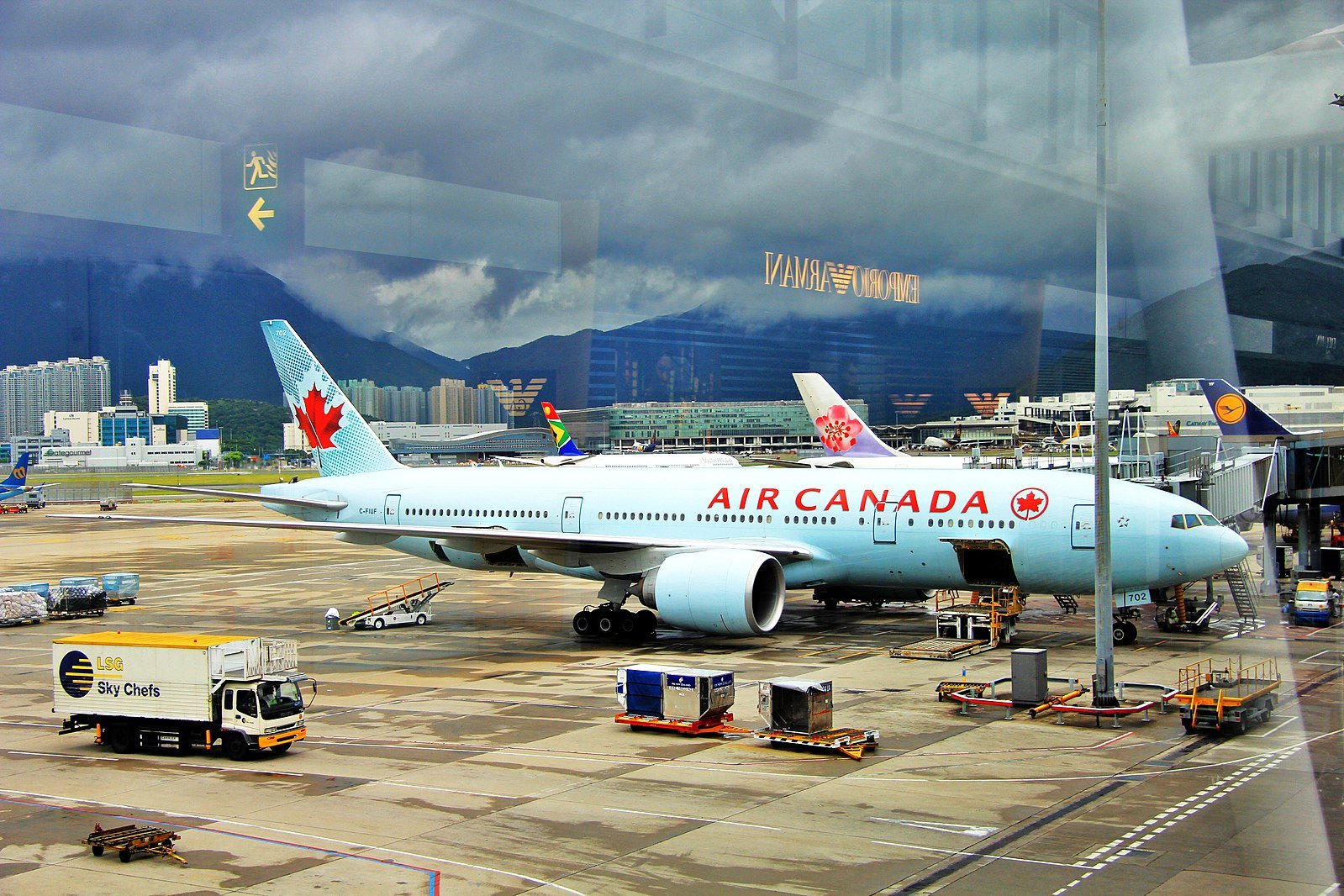ANALYSIS: Canada’s New Hong Kong Immigration Policy
Wikimedia
Editor’s note: The name of the author of this article has been concealed due to concerns regarding the author’s safety during a trip. Please contact ehnewspaper@gmail.com if you have any questions.
On November 12, 2020, the Canadian government announced new pathways for Hong Kong residents to gain permanent residence through studying or working in Canada, known as the Lifeboat Scheme. This was in response to Beijing’s decision to implement the National Security Law in Hong Kong and the jurisdiction’s deteriorating human rights situation. The policy came into effect on June 1, 2021.
According to the Government of Canada, 4,725 Hong Kong residents obtained study permits from January 2021 to the end of September. 2021’s data excludes other types of visa permits. This is an increase of 194 per cent from 2,440 attainments in the entire year of 2018, before the National Security Law was implemented.
The Chief Executive of human rights organization Hong Kong Watch, Benedict Rogers, thanked the Canadian government for its decision in an article published on the organisation’s website, saying the plan is “to be welcomed.”
The organization also petitioned for the Canadian Government to ensure that Hong Kongers with protest related convictions would not be barred from applying for visa routes, to provide a section in the immigration form that allows those with protest related convictions to offer an explanation, and to review the requirement for Hong Kongers to request background check from the Hong Kong Police as part of their application for the lifeboat measures.
On March 15, 2021, fourteen Canadian MPs wrote a letter to the Immigration Minister calling for improvements to the scheme. The suggestions included allowing Hong Kongers to start the asylum application process in embassies and consulates outside of Hong Kong, ensuring a waiver for cases of political persecution and convictions are not grounds for inadmissibility to apply for asylum, establish specific initiatives to support the most politically-exposed individuals, and consider exercising legislative authority of the Immigration and Refugee Protection Act of 2002 to issue Ministerial Instructions where necessary to cover the loopholes.
In an interview with CBC, MP for Vancouver East Jenny Kwan said that the crisis in Hong Kong is escalating. She urged the government to eliminate the five year limitation of when a person graduates and the work requirement restriction. She said the question ought not to be what economic benefits can Canada get from Hong Kong people, but what support do the people who face persecution need to flee persecution.

